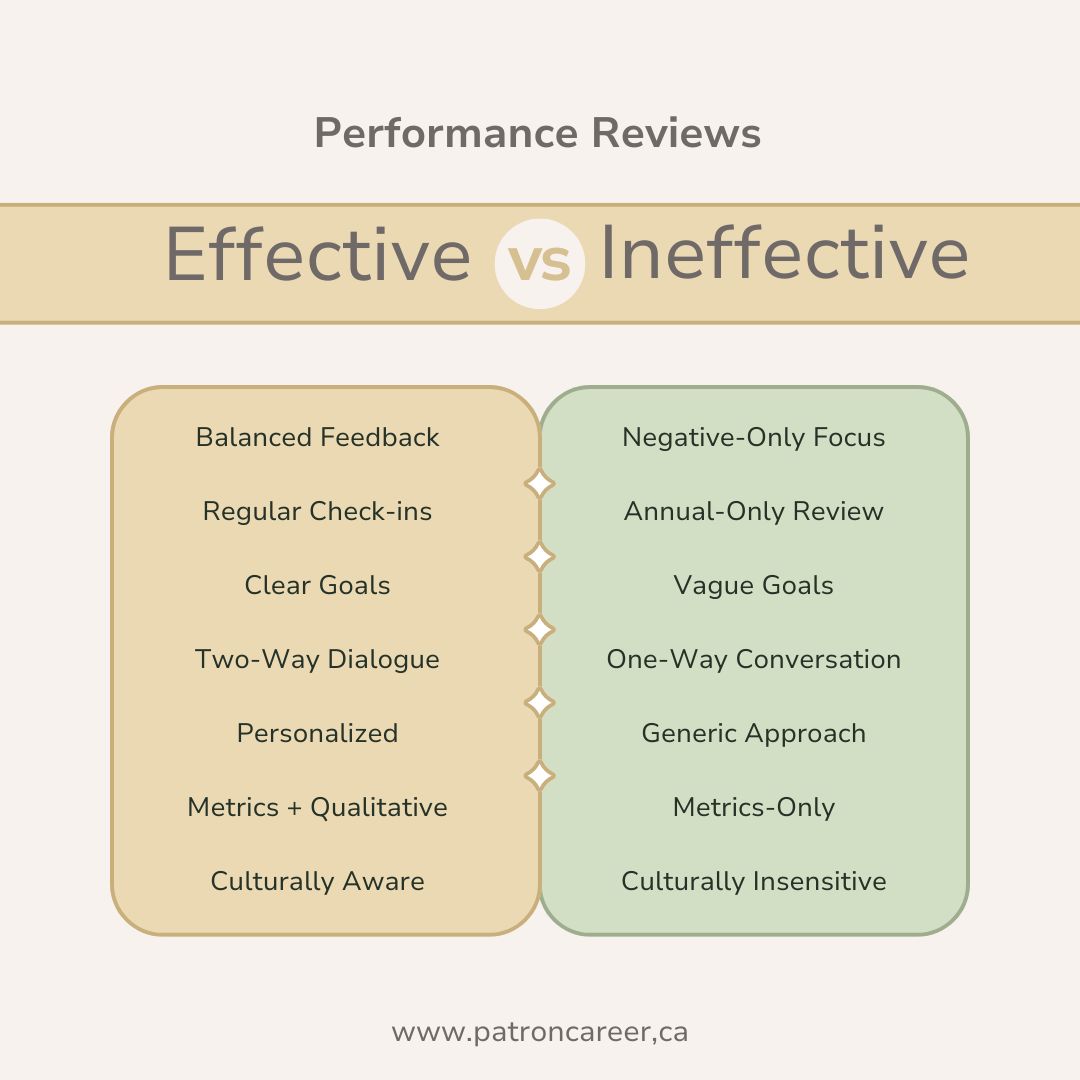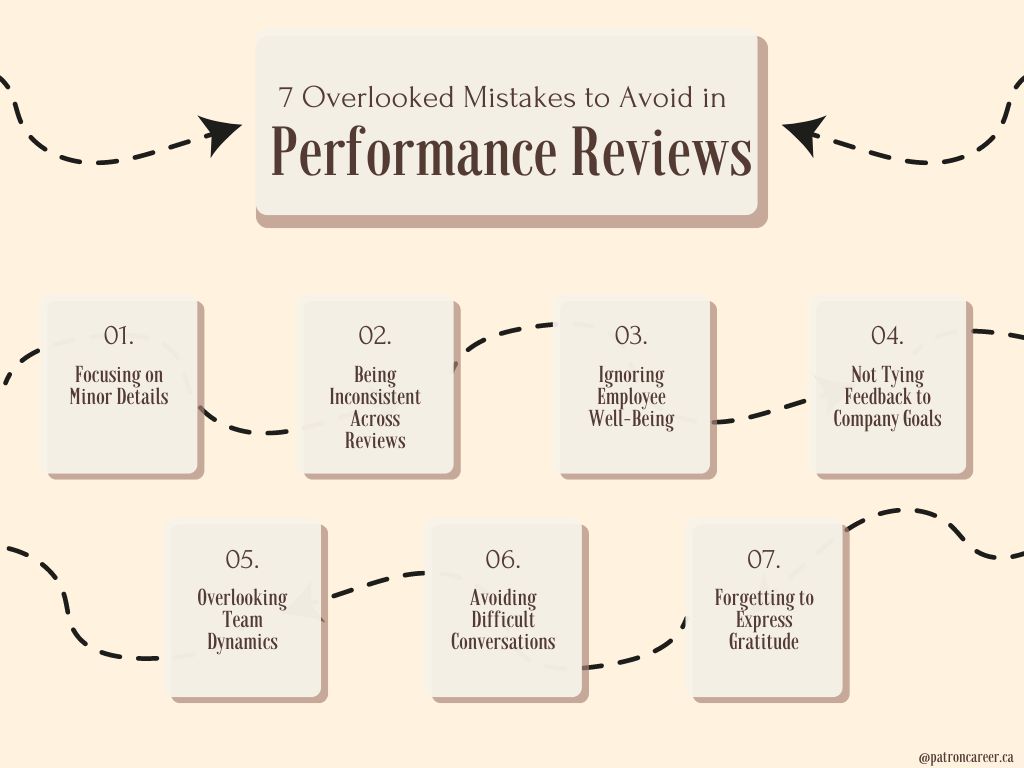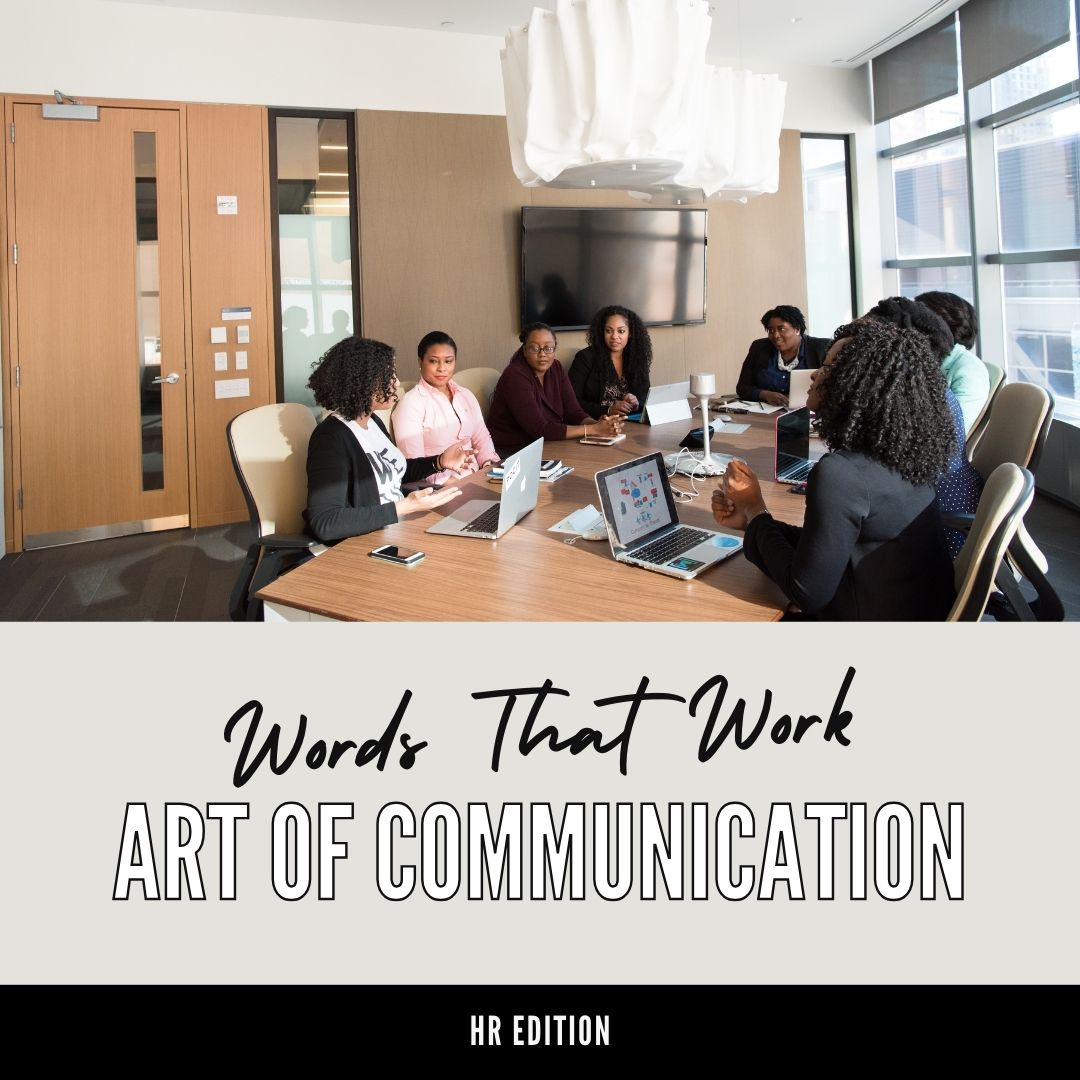6 Common Mistakes Managers Make During Annual Performance Reviews—and How to Avoid Them
Annual performance appraisals are conducted to evaluate the performance results of individual employees. This is an important time for both employers and employees as it’s a crucial opportunity to recognize milestones, address areas for improvement and set realistic future goals. These also go by the name of Annual Review or Performance Review. To achieve more by these reviews, it is important to know the why behind these monthly or yearly reviews. Performance reviews are conducted to aid employee development, decide compensation packages, provide feedback, and sketch out employee promotion programs.
The elephant in the room for HR is usually the slip-ups that occur when making annual performance reviews. That is what we are discussing in this article. These reviews can backfire if not conducted properly and lead to disengagement, confusion, and even resentment among employees-- something no company wants around.
So, if it's that time of the year again for you, this mistake fact-check guide will be of great help. Here are 6 common mistakes managers often make that need to be avoided during annual performance reviews.
1. Overemphasizing Negative Feedback
One of the biggest mistakes managers make during performance appraisals is focusing too much on what went wrong. Mistakes are stepping stones for success. It is rightly said that mistakes are your sole best teachers. When employers fixate solely on criticism, no good comes out of it. As a matter of fact, negative feedback is one of the quickest ways to demotivate employees and shatter their confidence.
The criticism of employees work should be constructive and not destructive. Words essentially matter and so does your approach of giving positive feedback. As a manager who dreads giving feedback, try using the ‘sandwich approach’--- begin with positive feedback, follow with constructive criticism, and end on a positive note. This method helps maintain the employee’s morale while still addressing areas for improvement.
We have compiled some really useful tips for better communication in this toolkit!
2. Reviewing Off-The-Cuff
Failing to plan is planning to fail. The choice is yours to make. A manager who designs a well- thought-out review will avert the risk of leaving his team directionless and disengaged. This is another common mistake by managers where they substitute ‘highly important’ tasks with performance review prep and end up affecting the employee’s performance variables and hard work. Not being prepared enough will usually come off as a random review, vague comments, or failure to provide clear examples of the employee's performance. People managers who put in zero effort at preparation end up giving unproductive reviews and add insult to injury.
With managers at the helm of the reviews performance reviews can be meaningful when they are fully prepared. Although such reviews involve sculpting the employee's performance over the entire year, gather specific examples of both successes and areas needing improvement. This shows the employee that you’ve taken the time to consider their performance in detail and that your feedback is well-founded.
Read: What are Performance Reviews? A Complete Guide.
3. Relying Too Much on Recent Performance
We believe it is a common practice amongst managers to emphasize what went over the last few months and displace their focus on recent events, whether positive or negative. Employee performance reviews may be a one-time event but it's unfair upon employees to be evaluated on their recent work and not what they accomplished throughout the year. This is called the Recency Effect—a common bias where people tend to take note of the most recent information because it is the most memorable.
At the workplace, to avoid the recency effect, managers should opt for a fairer reflection of the employee's overall work performance. For instance, an employee who had a strong start to the year might be struggling at the end of the year. It would be wrong to base the review on recent performance and undervalue his earlier achievements.
Tip: To counteract the bias of recent events, implement quarterly check-ins where you document and discuss the employee's performance. This approach helps create a more balanced annual review.
4. Neglecting to Set Clear Goals for the Future
As we divulged above, making performance reviews is not just about looking back; they should also be about looking forward. A performance review is incomplete without setting goals for the future. Employees should be provided with target goals about what is expected of them until the next performance review. Failure to set performance goals can leave employees directionless, demotivated and unsure of how to improve within the company.
Some of the performance goals that can be set vary from individual to individual and team to team:
- Outcome goals- what to achieve by the next year, e.g. a project or task.
- Behavioural goals- for improving interpersonal skills or teamwork.
- Development goals- how to enhance skills and build expertise.
- Stretch goals- that push you to think outside the box and brainstorm.
To avoid this common mistake, people managers should create SMART goals that are specific, measurable, and time-bound for the next review session. Remember to specify goals that align with the organization's strategic priorities and resonate with your company’s mission. Do not set goals that are vague and challenging to measure and keep track of.
5. Not Listening Enough
This mistake can cost managers a lot. Most managers have the tendency to impose feedback on their teams without listening to what’s there on their minds. Just as feedback, performance reviews should be a two-way conversation. It is highly important that managers seek the employee’s input or miss out on valuable insights and risk alienating their team members.
How to avoid this mistake- indulge in a forward-thinking discussion with your employees because they are the truth-tellers of their performance and will give you perspective on what went well and where they struggled. When you encourage employees to share their thoughts, it helps build a positive manager-employee relationship and ameliorates their engagement at work.
Did You Know? A study by Harvard Business Review found that employees who feel heard during performance reviews are more likely to be engaged and motivated in their work. This emphasizes the importance of making the review process a collaborative effort.
6. Providing Vague or Generalized Feedback
It is highly frustrating for employees to get ambiguous feedback on their performance. It can be either “You did well this year, keep up the good work” or “You need to be more proactive”. These comments are generic, and deplorable and fail to give employees a clear picture of their annual performance.
Do not leave employees in the lurch. The manager must give a full-fledged review of the employee's yearly performance, accomplishments and areas of improvement. Being specific is key here. Give them a detailed account about their strengths, and weaknesses and suggest ways to improve work performance.
Also, here we have listed a few more pitfalls that managers need to avoid while giving annual reviews:
The Bottom Line: Making the Most of Performance Reviews
Performance reviews involve a yearly round-up of employee performance and are extensively used in small businesses and big enterprises with a multitudinous workforce. Whatever the case, conducting them fairly and properly is where managers feel ambushed. While these were some of the common mistakes managers make, sometimes they skip a review altogether, missing key opportunities for growth and clarity. By avoiding these pitfalls and committing to a thoughtful review process, managers can turn performance reviews into powerful tools for success.






